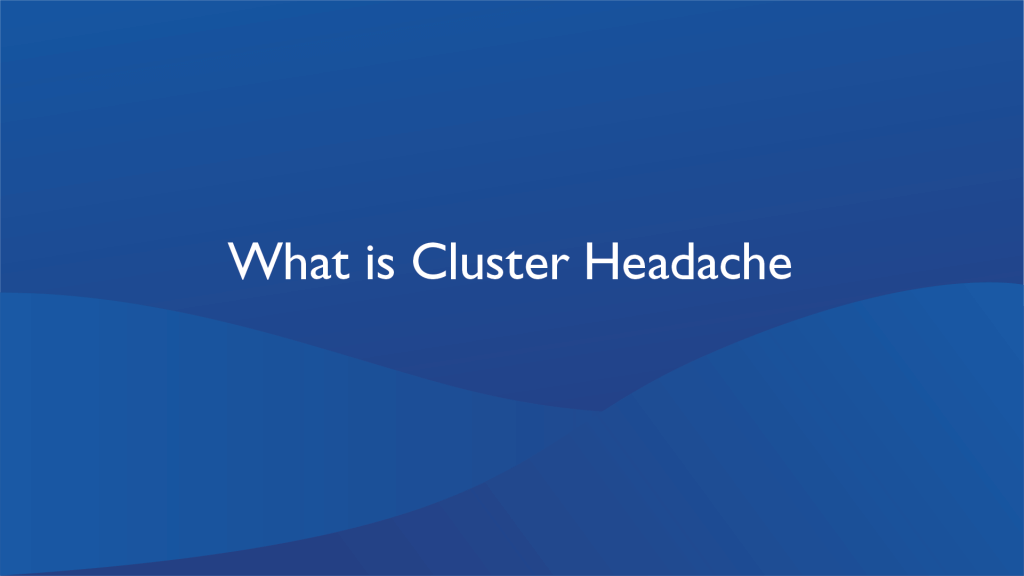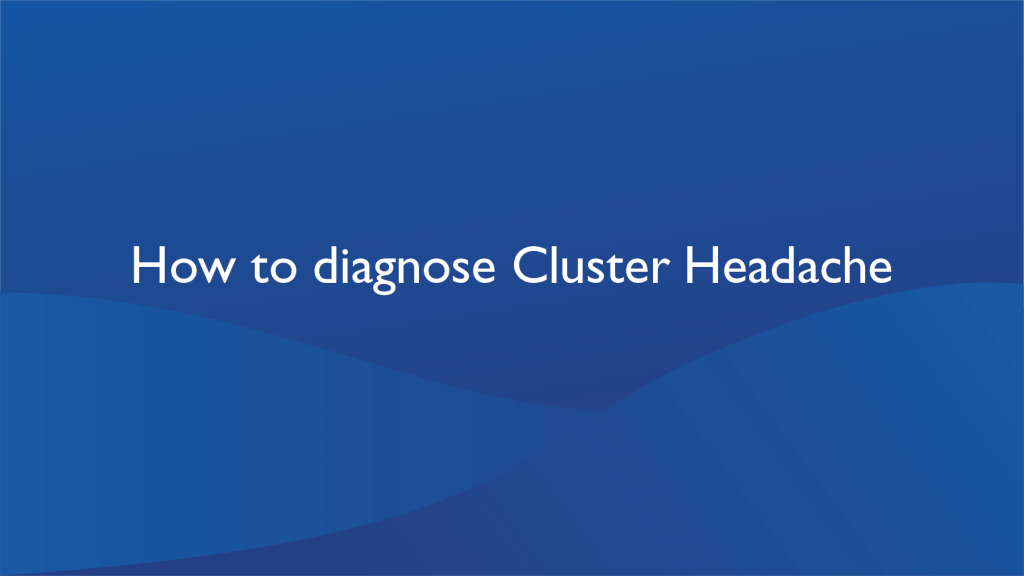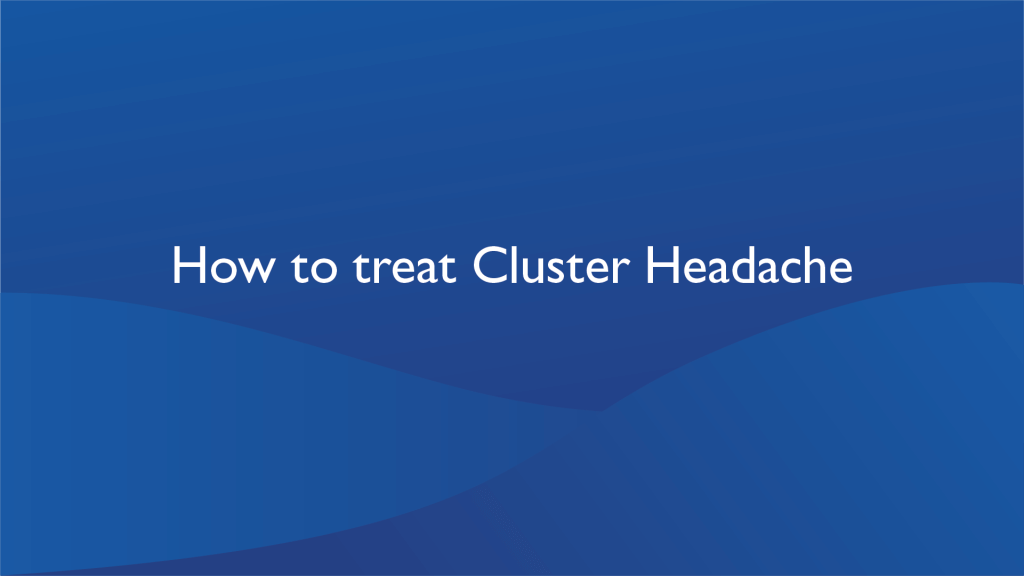Cluster Headache Awareness Day – 21 March
Each year on 21st of March headache communities worldwide raise awareness of Cluster Headache on
“Cluster Headache Awareness Day”.
What is Cluster Headache?
With a prevalence of 0.12%, Cluster Headache (CH) is the most frequent trigeminal autonomic cephalalgia. CH is characterised by a typical clinical picture, namely a strictly unilateral, very severe, headache lasting 15 to 180 minutes associated with prominent cranial autonomic features, which are lateralized and ipsilateral to the headache.
In its episodic subtype (85% of CH subjects), CH attacks are present only in limited period of the years, lasting weeks to months (the so-called cluster periods), alternating with remission phases of at least 3 months of duration. By contrast, in the chronic CH subtype the remissions are shorter or not present at all, and the burden on the individual becomes not imaginable.
During the day, CH subjects may experience several attacks during day, often distributed during the night and with a typical circadian rhythm.
People suffering from CH consistently report severe limitations in activities of daily living and social-activity participation. Nonetheless, their working activity and career may be hindered.
CH has historically been considered as “rare”. If it is true that its prevalence falls far below migraine, it is also true that CH does not represent a rare disease. All in all, the direct and indirect (work absenteeism, sick leave, and so on) costs make CH a burden not only for the individual but for the society globally.
Therapeutic options are still limited, with most of the preventive medications being non-CH specific and borrowed from other medical conditions. Subcutaneous sumatriptan and high-flow oxygen represent the first-line choices for the acute management of CH pain. A novel anti-CGRP monoclonal antibody, which proved effective in migraine, has been approved for the preventive treatment of episodic CH, but not for the most severe chronic CH subtype. Long-term observation is needed to confirm the real-life impact of these novel drugs, hoping for a novel and specific alternative to treat CH.
Finally, CH is still little known outside the headache centres leading to diagnostic delay, low quality of counselling to the patients and sub-optimal therapeutic management.
Cluster Headache Awareness Day
The 21st of March is the “Cluster Headache Awareness Day”, a prominent event to promote CH on scientific and public levels. The spring equinox represents the perfect choice for a disease with such a great circadian and circannual rhythmicity. Indeed, a vast majority of CH subjects experienced a CH reactivation during the seasonal shift in spring and autumn; in some cases, the circannual timing becomes so scheduled that patients do not plan activities and slowly slide toward social withdrawal just for the fear of a novel cluster period. The 21st of March is well remembered by CH patients, because starting from this date when the daylight increases there are positive effects for patients with night attacks.
Expanding knowledge and awareness about CH features, comorbidities and quality of life burden will have a huge positive impact for CH patients as well as for society.
We encourage you to visit patient associations and the IHS website to discover more on CH and on the dedicated activities carried out during the year (Cluster Headache Support Group / Organization for Understanding Cluster Headaches (O.U.C.H.): / Clusterbusters / European Migraine & Headache Alliance (EMHA): Brazilian Association for Cluster Headache and Migraine.
IHS Cluster Headache Activities
CH imposes a huge burden on patients and society but the condition remains largely unknown, misunderstood and underdiagnosed.
IHS has created a Cluster Headache Task Force to increase interest in CH among researchers, headache and neurology societies, funding bodies, healthcare providers and general society. Members include worldwide representation and the task force will work with the IHS Cluster Headache Special Interest Group. Proposed projects and activities are currently under discussion.
Click on the images below to watch presentations on ‘What is cluster headache’, ‘How to diagnose cluster headache’ and ‘How to treat cluster headache’.



